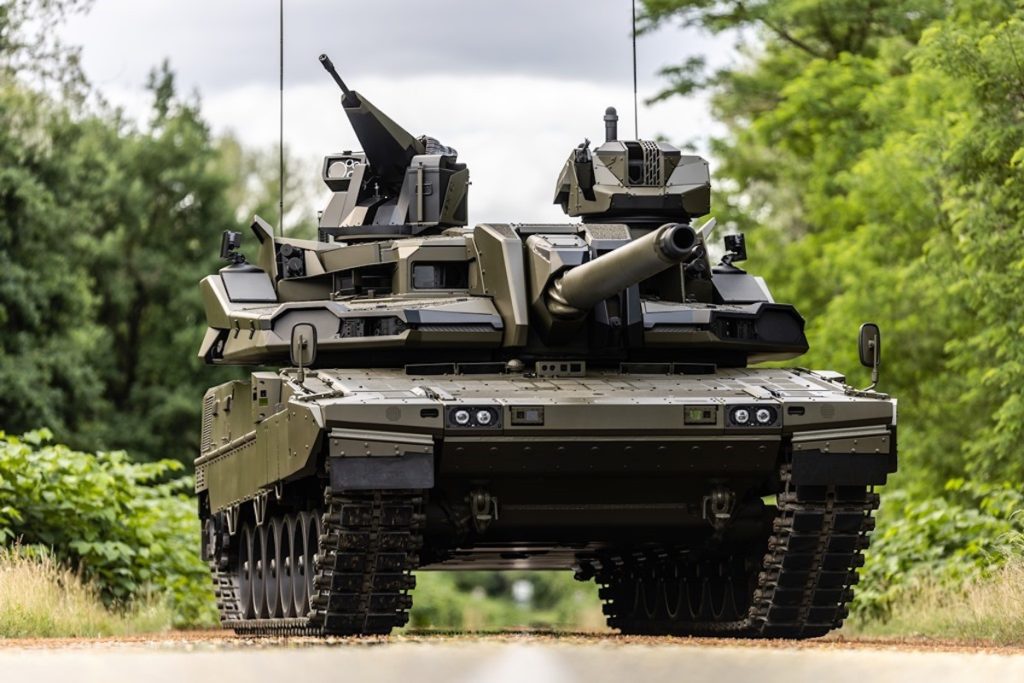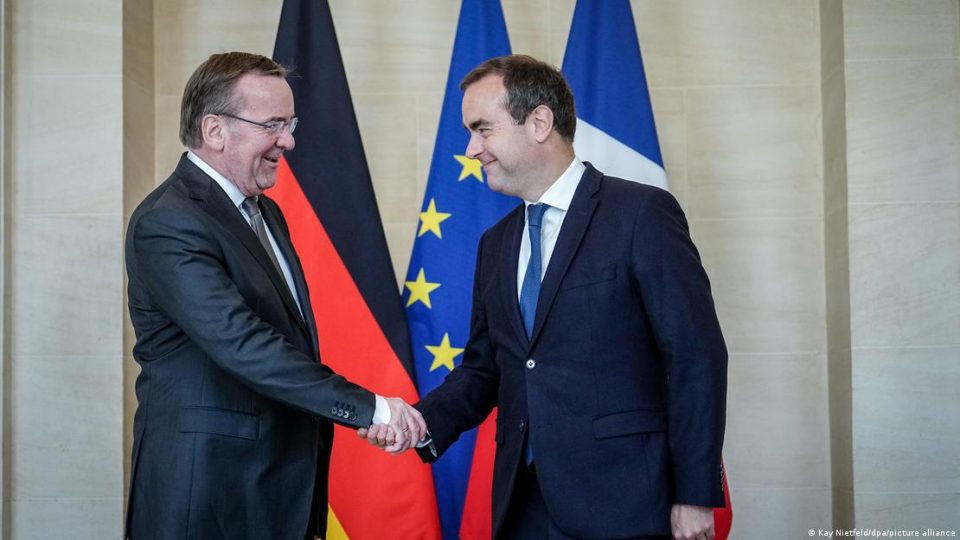FALCON POWERS – France’s defence minister received his German counterpart on Friday to ink a deal between the two countries to build a next-generation battle tank.
Defence ministers of France and Germany met in Paris this Friday to ratify an agreement on a new joint tank project called the Main Ground Combat System (MGCS).
This formal agreement kick-starts the development of the first phase of the armoured vehicle, dubbed the ‘tank of the future’ – a project worth billions of euros.
The new battle tank is set to replace Germany’s Leopard 2 tank and France’s Leclerc.
Although both ministers insisted the project should not be viewed as a new model of the Leopard 2 tank, one of the most advanced combat vehicles in the world.
“It’s not about making a Leopard 3 or 4, it’s about designing something brand new,” emphasised Boris Pistorius, the German defence minister.
The tank will reportedly incorporate artificial intelligence and have certain automated systems that will not require “human pilots,” said Pistorius.
Ministers announced the distribution of contracts for the manufacturers is expected to be finalised by the end of the year – “an ambitious goal,” they told journalists.
The next-generation tank is expected to be finished by 2040.
Developing a next-generation tank showcases how Europe is expanding its defence industry, attempting to compete with rising military technology from countries like India and China.

How is the MGCS deal going to be distributed?
The MGCS is the second major arms industry project between the two European powers.
It coincides with another big Franco-German plan to build the next-generation fighter jet, FCAS, besides drone systems.
Germany is meant to lead the development of the MGCS, while France is taking the lead in developing the FCAS.
Both countries will equally share the price tag for the new tank.
Sébastien Lecornu, the French defence minister, named the KNDS, Rheinmetall and Thales as the companies likely to help construct the MGCS.
However, the project – first discussed in 2017 – has been plagued by disagreements and political tensions between both countries on topics such as energy transition.
But Boris Pistorius reassured the room claiming the common accord is a “sign of our mutual trust despite the current geopolitical context.”


